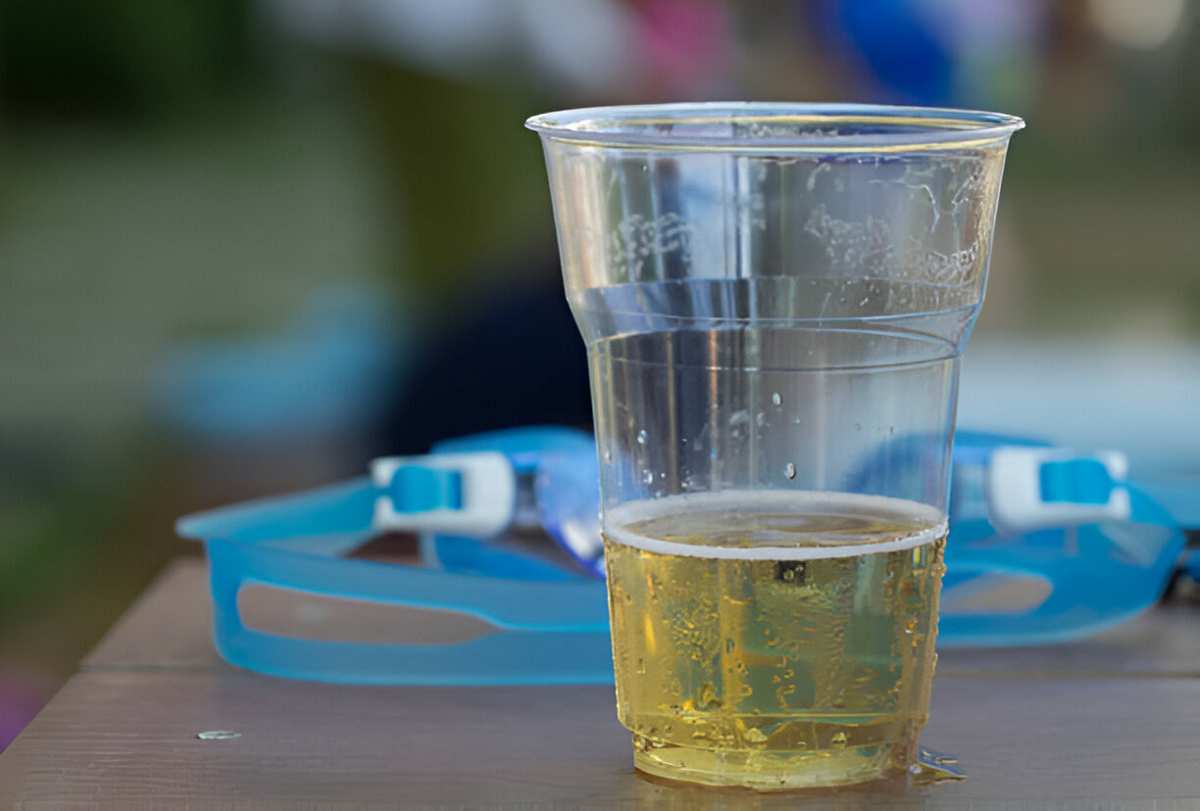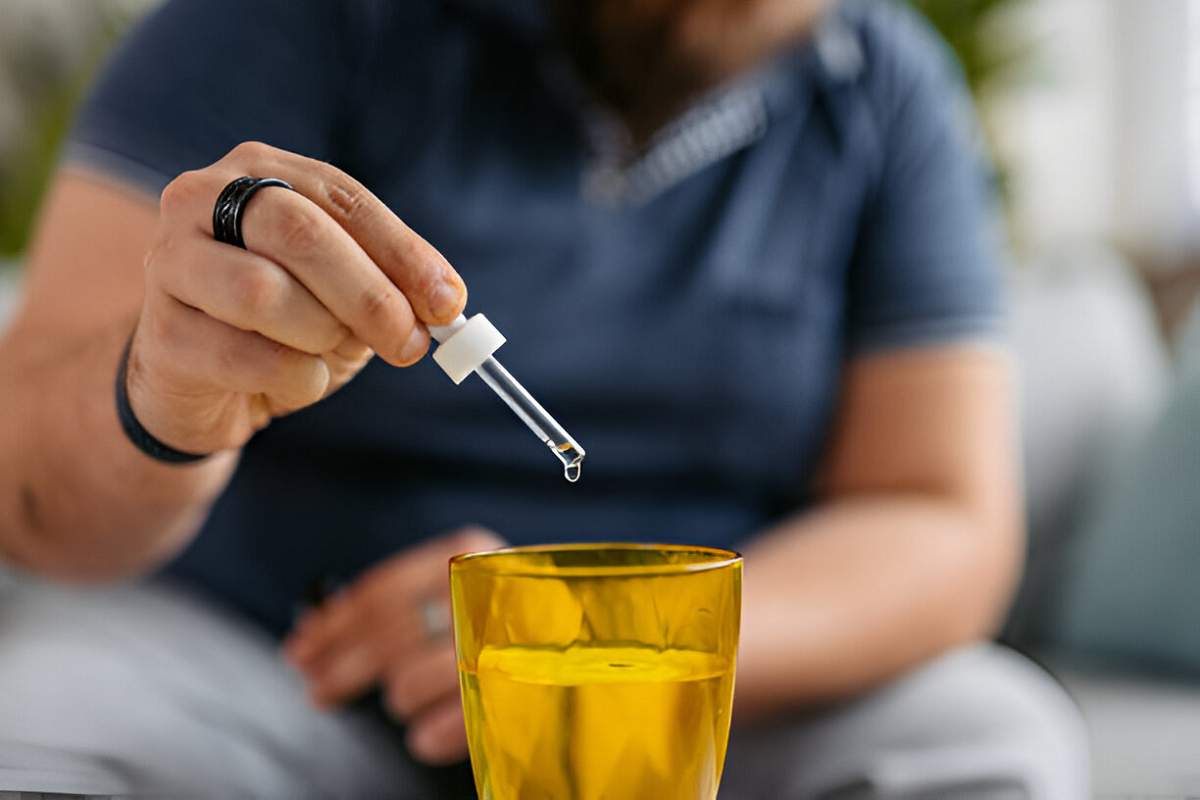Celsius Energy Drink, like many other energy drinks, contains a variety of ingredients such as caffeine, taurine, and vitamins. These ingredients are generally not considered drugs and are not typically substances that would cause a positive result on a standard drug test. However, some energy drinks may contain stimulants or other compounds that, in large quantities, could potentially lead to a false positive, especially if combined with certain medications or supplements. It’s important to check the ingredient label of any energy drink and consult with a healthcare provider if you’re concerned about drug testing outcomes.
how long does celsius show up on drug test
Celsius energy drinks are known for their invigorating effects, thanks largely to their stimulant ingredients. However, when it comes to drug testing, many consumers wonder how long these drinks can be detected in their system. Generally, most energy drink ingredients, including caffeine and other stimulants, stay in the body for a relatively short duration.
In the case of caffeine, which is a major component of Celsius, it typically has a half-life of around 3 to 7 hours in most individuals. This means that after about 6 to 12 hours, most of the caffeine would have been metabolized and eliminated from the body. However, depending on metabolism, sensitivity, and hydration, the effect might linger longer.
While a standard drug test does not usually screen for caffeine, the presence of other stimulants can raise questions about how they could impact test results. It’s crucial for users to be aware of their consumption patterns to navigate potential drug tests effectively.
will 5 hour energy drink make you fail drug test
5 Hour Energy is another popular energy-boosting drink, similar to Celsius, and it contains a significant amount of caffeine along with other ingredients. In terms of failing a drug test, the scenario is pretty similar to that of Celsius. Most standard drug tests do not check for caffeine; they primarily focus on illegal substances like THC, opiates, and cocaine.
However, excessive intake of energy drinks like 5 Hour Energy can lead to complications, especially for individuals who may have certain health risks or who are subject to rigorous testing protocols. In the unlikely event that a specific test does target the metabolites present in such energy drinks, a user should be prepared for possible misunderstandings regarding use.
does celsius energy drink have caffeine
Yes, Celsius energy drinks do contain caffeine. Most varieties provide approximately 200 mg of caffeine per 12 fl oz serving, which is about the same as two cups of coffee. This caffeine content is one of the primary reasons for its stimulating effects. Additionally, Celsius contains natural ingredients tailored to enhance energy levels without the crash associated with many traditional energy drinks.
Celsius has gained popularity not only for its unique flavor combinations but also for its marketing as a fitness drink. However, consumers should be mindful of the caffeine and other stimulant levels, especially if they are sensitive to caffeine or are planning to undergo drug testing.
Understanding the Ingredients: What’s in Celsius Energy Drink?
Celsius energy drinks are marketed as fitness drinks and generally contain a mix of various ingredients, all aimed at providing a boost in energy. Key ingredients include:
- Caffeine: Extracted from natural sources like green tea and guarana.
- Vitamins: B vitamins which aid metabolism and energy production.
- Ginger: Often included for its potential health benefits.
- Carbonated Water: As a base ingredient that contributes to flavor and texture.
The combination of these ingredients helps to enhance metabolic capacity and increase energy levels while also promoting overall wellness. However, consumers need to remain cautious about how these ingredients interact in their systems, particularly when drug testing becomes a concern.
The Science Behind Energy Drinks and Drug Testing
The science behind energy drinks and how they interact with drug testing is an area requiring deeper understanding. Drug tests typically analyze for specific substances that impact mental and physical faculties, primarily focusing on illegal drugs and some prescription medications.
Substances in energy drinks, particularly caffeine and other stimulants, do not typically show up on drug screening tests unless specifically targeted. That said, the consumption of these drinks can indirectly affect a person’s response to drug tests by altering metabolism and possibly producing misleading results.
How Celsius Energy Drink Affects Drug Test Results
While Celsius energy drinks may not directly lead to a failed drug test, they can influence the results and how the body metabolizes substances. For example, the presence of caffeine can enhance alertness but may also lead to increased heart rate or anxiety, which could be misrepresented in certain physiological tests.
Moreover, energy drinks can potentially affect the urine’s pH levels, which might lead to complications in some drug test readings. It is essential for individuals using Celsius or similar drinks to consider these factors leading up to their drug tests.
Common Myths About Energy Drinks and Drug Testing
There are several myths surrounding energy drinks and drug testing that can cause unnecessary anxiety among consumers. One common myth is that energy drinks can cause a positive urine test for illegal substances.
In reality, standard drug tests do not check for substances like caffeine or the other components found in energy drinks. Additionally, some individuals believe that caffeine can mask drug test results, which is also unfounded.
Another myth is the notion that consuming energy drinks can lead to withdrawal symptoms that might yield false positives. Knowing the facts is crucial to dispelling these misconceptions and easing concerns regarding drug testing.
Real-Life Experiences: Celsius and Drug Test Outcomes
Many individuals have shared their experiences regarding the use of Celsius energy drinks and the subsequent drug tests they underwent. A significant number reported that their tests returned negative results, confirming that energy drinks, including Celsius, did not impact their outcomes negatively.
However, some anecdotal reports mention heightened anxiety and increased heart rates during testing, which could lead to second-guessing the results. For many, staying sufficiently hydrated and ensuring comprehensive cleansing prior to tests was key to maintaining favorable outcomes.
Legal Implications of Energy Drink Consumption
Although the act of consuming energy drinks like Celsius is legal in most regions, there are legal considerations for individuals subject to drug testing or regulations as in the case of professional athletes. Those in competitive environments must be aware of the governing bodies’ rules regarding stimulant use.
While Celsius is not on banned substances lists, excessive consumption or use of related performance-enhancing substances can have repercussions. It’s essential to remain informed about local laws and regulations to navigate these aspects responsibly.
Tips for Passing a Drug Test After Consuming Celsius
If you are concerned about passing a drug test after consuming Celsius, there are steps you can take. Here are some tips:
- Stay Hydrated: Drink plenty of water to help flush your system.
- Avoid Additional Stimulants: Steer clear of other energy drinks or caffeine sources.
- Monitor Your Diet: Eat a balanced diet rich in fruits and vegetables.
- Be Honest: If questioned, honestly inform the testing authority about your consumption.
By following these tips, individuals can manage their concerns better and approach drug testing with heightened confidence.
Comparing Celsius to Other Energy Drinks in Drug Tests
When comparing Celsius to other energy drinks regarding drug tests the differences are often minimal, primarily revolving around caffeine and other ingredient compositions. While many energy drinks contain similar levels of caffeine, Celsius has marketed itself as a healthier option, which may be reflected in its testing outcomes.
Drinks like Monster or Red Bull have higher sugar content, which can theoretically influence metabolic rates, while Celsius generally emphasizes natural ingredients. Therefore, while the risk remains low for any energy drink user to fail a drug test, it is worth exploring the sources and types of stimulants consumed.
Expert Opinions: Do Energy Drinks Impact Drug Tests?
Experts in toxicology and drug testing mostly agree that energy drinks, including Celsius, do not usually impact drug test results directly. Dr. Anna McNally, a toxicologist, states that “the components of most energy drinks are not typically screened for in standard drug testing protocols.”
However, some professionals caution that any substance can influence physiological responses and, as such, might indirectly affect outcomes based on how a person metabolizes drugs. Remaining within moderation with energy drinks can help safeguard against unusual test results.
Can energy drinks test positive for alcohol?
Typically, energy drinks do not cause a positive test for alcohol, as their ingredients and fermentation processes do not yield any alcoholic compounds. However, some mixed-energy cocktails may lead to confusion if labels are unclear, making it essential for consumers to read ingredient lists carefully.
In restaurants, cafés, or social settings where energy drinks are mixed with alcoholic beverages, the concern shifts, and it is possible for someone to test positive solely from the alcoholic content in the mixed drink.
Is Celsius energy drink safe?
Celsius energy drinks are generally considered safe for most consumers when consumed in moderation. The company markets the drink as fitness-centric, emphasizing natural ingredients and lower sugar content compared to competitors.
However, those who have underlying health conditions or are sensitive to stimulants should exercise caution. It’s advisable to consult with a healthcare provider to evaluate any personal health risks associated with consuming energy drinks, including Celsius.
What is the most common false positive drug test?
The most common false positive results are frequently associated with medications like ibuprofen or certain antidepressants, which might interfere with the accuracy of testing methodologies. While energy drinks are rarely associated with false positives, being informed about potential interactions can help individuals manage expectations when undergoing drug tests.
Staying educated on the risks and potential impacts of both legal and illegal substances on drug testing is crucial for making informed choices about consumption.








